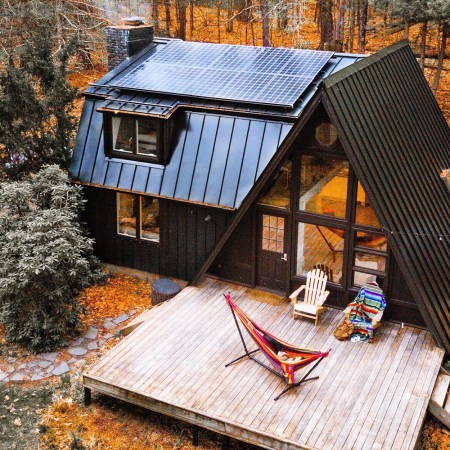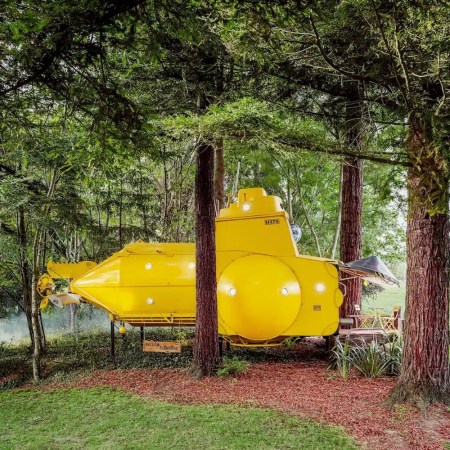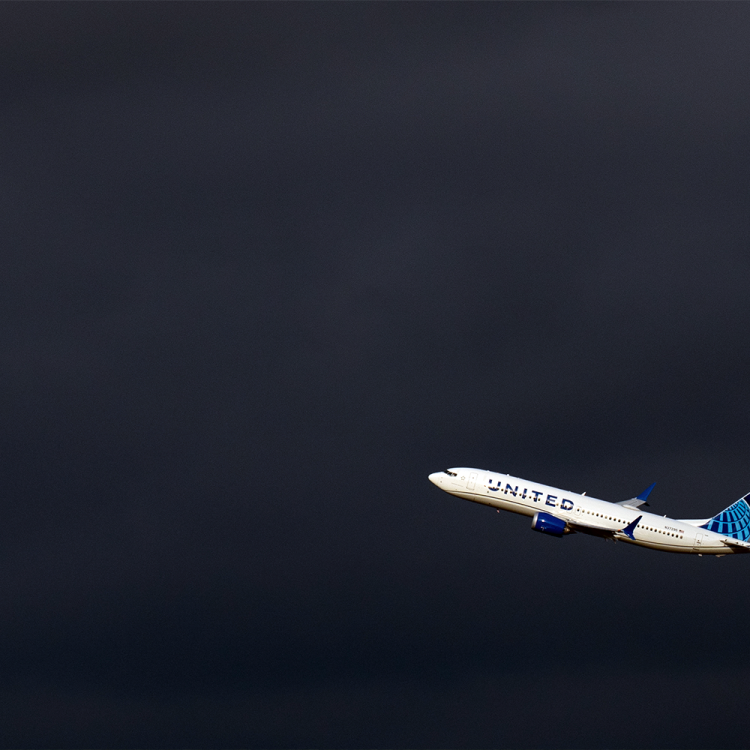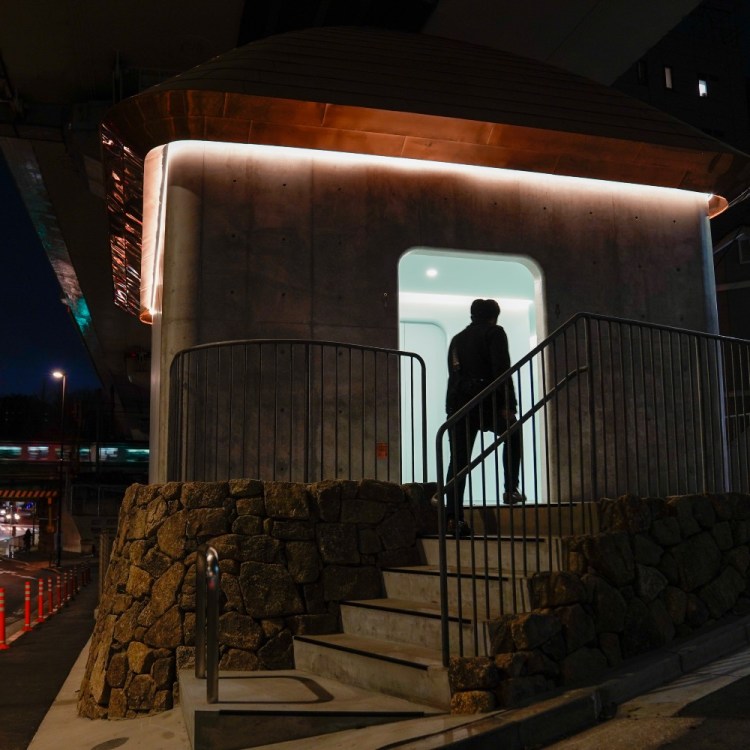You’ve seen the quote on your girlfriend’s Pinterest board:
Not all who wander are lost.
Excerpted from J.R.R. Tolkien’s poem “All That Is Gold Does Not Glitter,” the text is probably presented in a font that is clear and clean and strong (our guess: Oswald). In the background, behind the quote, you will see an image, most probably of a series of sun-dappled mountains, or stormy clouds, or a beckoning forest.
Come, young wanderers, and join in our adventure, it seems to suggest — or, you know, just keep pinning those pins. Prophetic though he was, Tolkien could not have anticipated the co-opting of this thought 70 years later by a culture so infatuated with digital pseudo-exploration yet so uncomprehending of the real thing.
We are home, now, wherever there is a wifi connection. With unprecedented ease and comprehension, we can literally see into lives around the world. Cameroon looks the same as Colorado when you’re staring at it on a Facebook feed. Accordingly, one no longer needs to actually go to Cameroon to “experience” it — or at least one miniscule part of it, which to the uninitiated, might feel like the real thing.
All this has created a culture utterly ill at ease with real adventure: the dirt-under-your-nails, hastily-trying-to-decipher-a-bus-schedule-in-a-foreign-city kind.
Part of it is, no doubt, the fact that we are in a post-everything moment: post-truth, post-racial (LOL), post-adventure, as if everything worth seeing has already been seen, heard and documented by the long-dead. Even the word explorer has a strange sound to it, like barber surgeon or breaker boy: an occupation that has outlived its usefulness. Think of the Explorers Club — an actual thing — and what comes to mind? Chances are it’s more Hillary and Norgay, or Jack London in furs, than the real-life conservationists, scientists and straight-up adventurers who make up the organization’s ranks in 2016.
Instead, we get things like Jubel, a startup whose tagline is — no joke — “Real Adventure Made Easy.” Sign up and provide Jubel’s staff with the part of the world you want to explore and they’ll concoct “a personalized journey based on your means and desire” using “curated local recommendations handpicked by your travel consultant.” (Of course they’re curated.) “As you explore, sealed envelopes will reveal your next destination.” Basically, it’s The Amazing Race for people who can’t/don’t want to get onto a reality TV show. And the lazy. And would-be adventurers without the motivation to actually, you know, have an adventure.
Jubel’s far from unique in its perspective: that adventure must be spoon-fed to overwhelmed clients too busy smartening-up their Instagram feed to plan their own travel. That, in fact, was the guiding philosophy beyond Airbnb’s headline-generating expansion of its services. No longer will the company only participate in the billion-dollar-generating business of booking accommodations. Now, it will also provide its users with “experiences,” to avoid what co-founder Brian Chesky described as a ubiquitous peril: spending more time planning for a trip than actually being on said trip.
Why not make it easier for travelers and just tell them where, and when, and why to go? Sign on the dotted line, people.
This may be the prevailing attitude — but it belies the reality of a world that is, if anything, still remarkably underexplored. “There are infinitely more unclimbed peaks than there are climbed ones,” Lindsay Griffin, chairman of the Mount Everest Foundation screening committee, told the BBC in 2014. “It’s a vast place, the world.”
This is good news for today’s adventurers, who might have wrongly believed the planet to have been stripped bare of challenge at a time when summiting the world’s highest peak is typically facilitated by a series of credit card transactions and our dashboard GPS can almost literally steer us in the right direction. Thousands of mountains have yet to be scaled — including Bhutan’s Gangkhar Puensum, believed to be the highest unclimbed mountain in the world. According to the National Oceanic and Atmospheric Association, “the ocean is 95% unexplored, unknown, unseen by human eyes.” Explorer Bill Stone calls caves “the last terrestrial frontier.”
And then, of course, there’s the entirety of space.
This is all to say that true adventure abounds, if you know where to look for it.
The Explorers Club, by the way, is taking applications — and giving out grants.
This article was featured in the InsideHook newsletter. Sign up now.






















